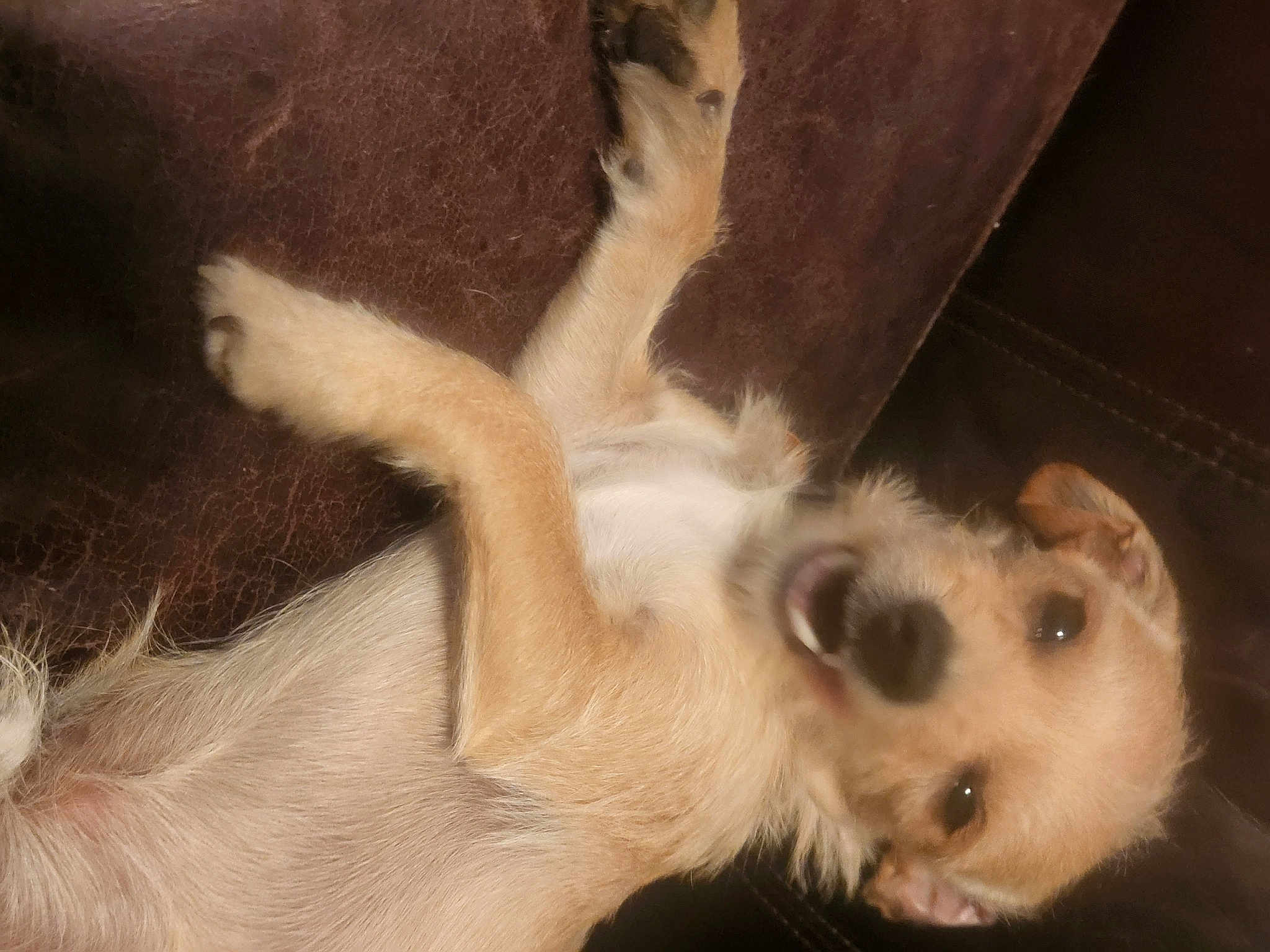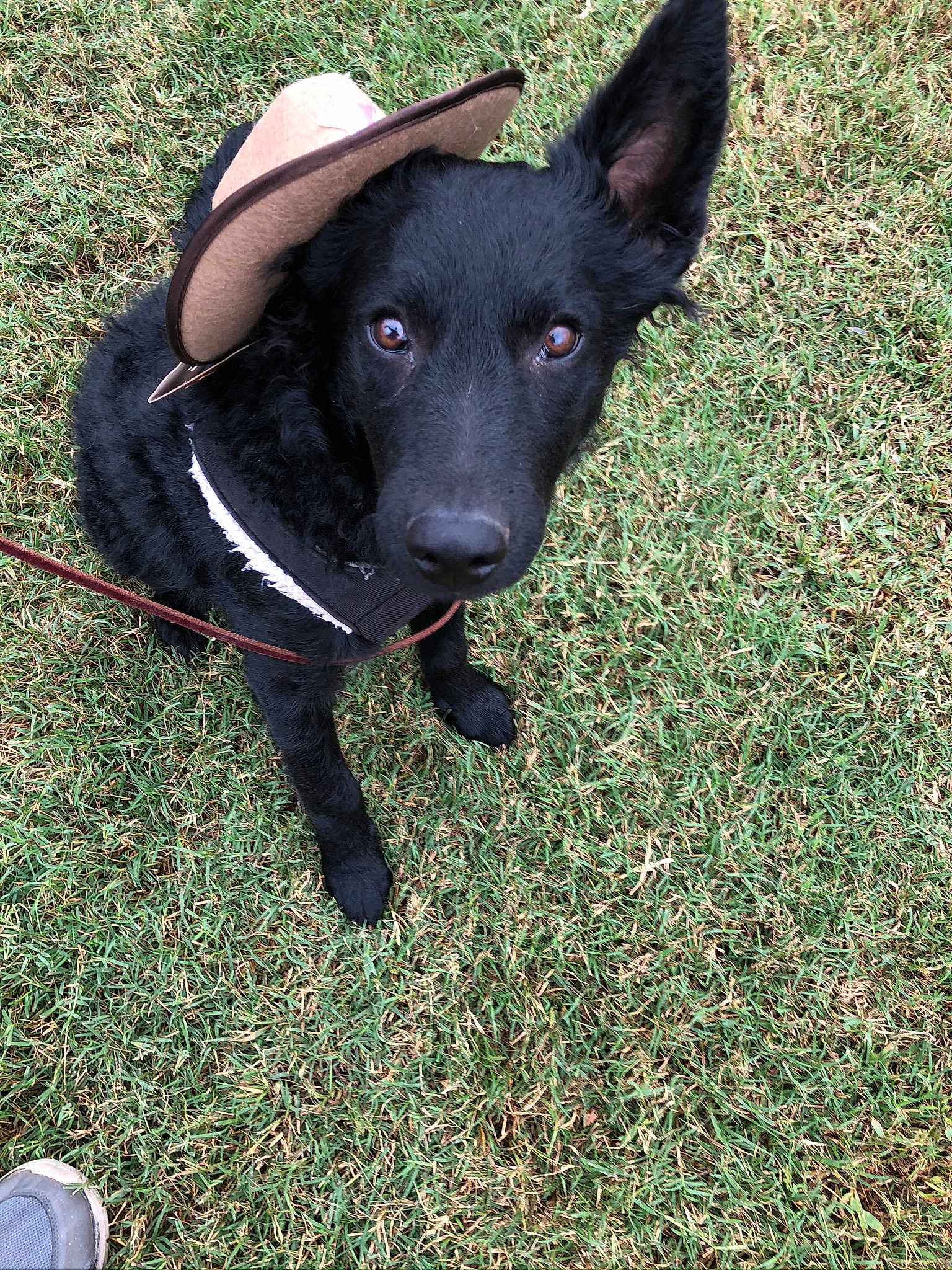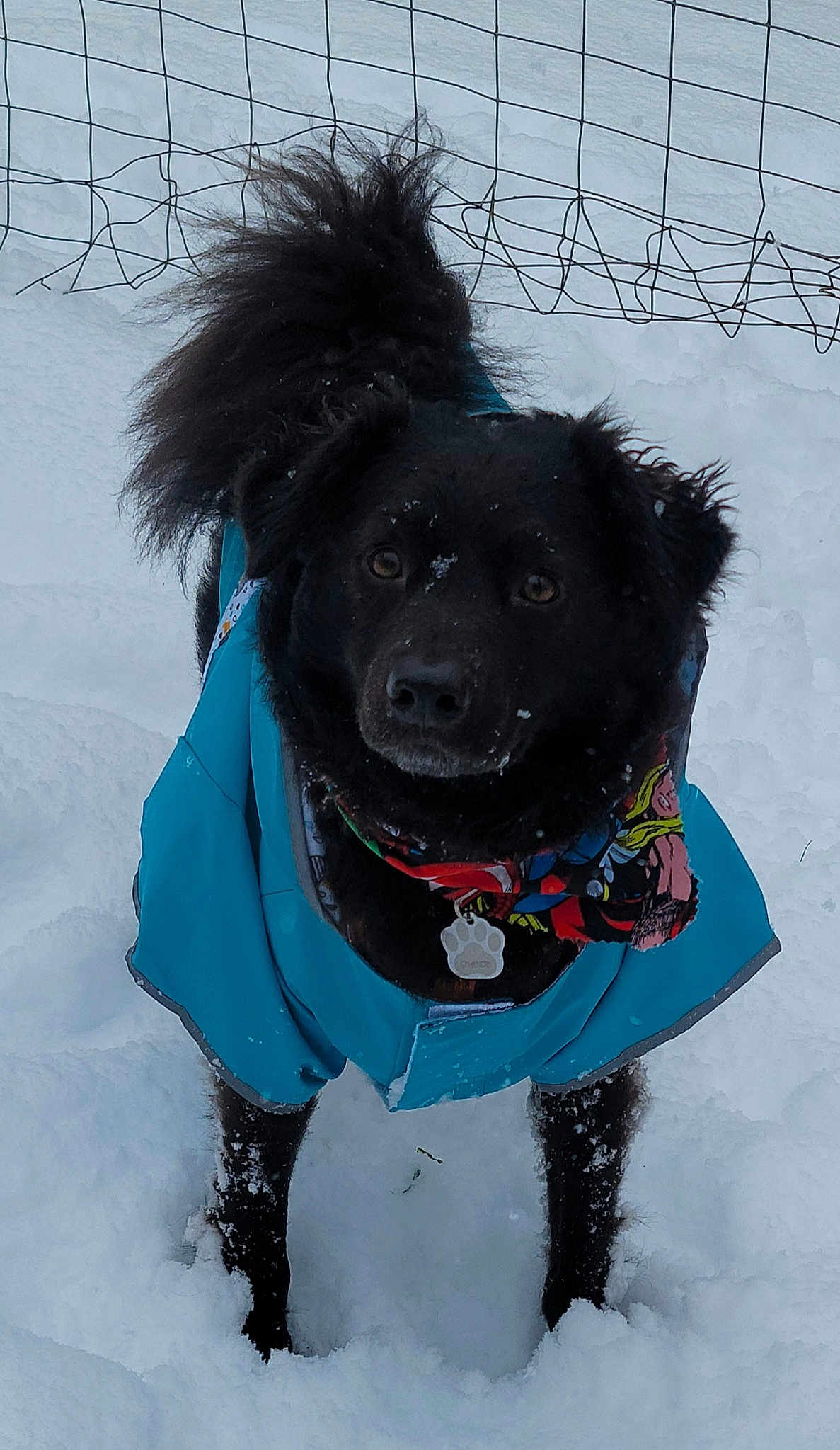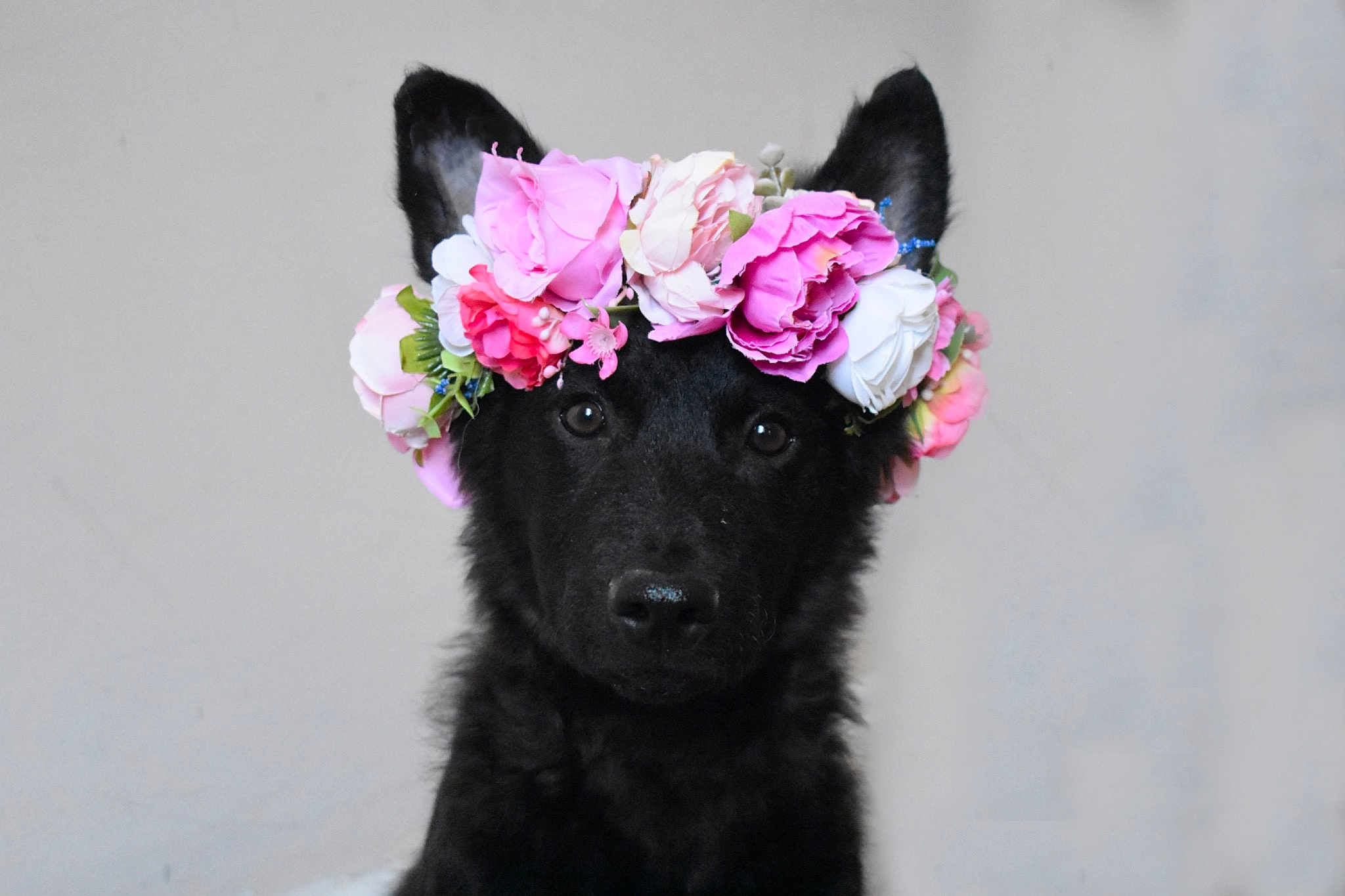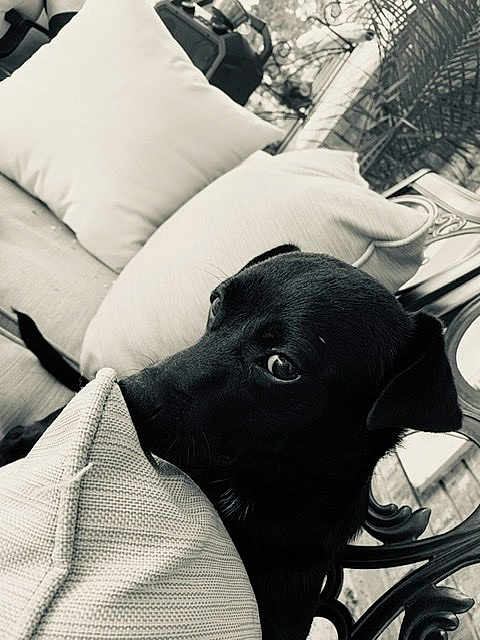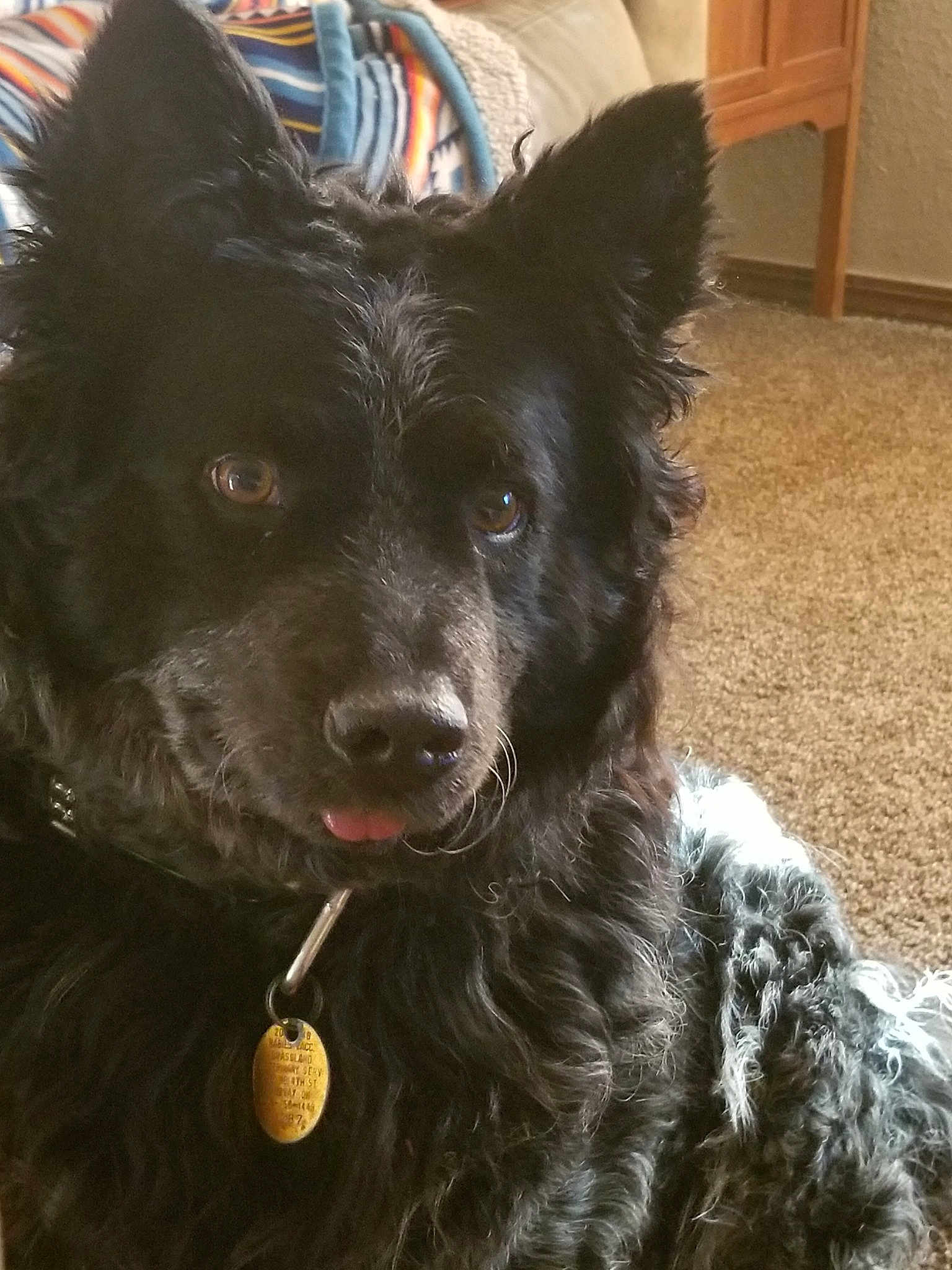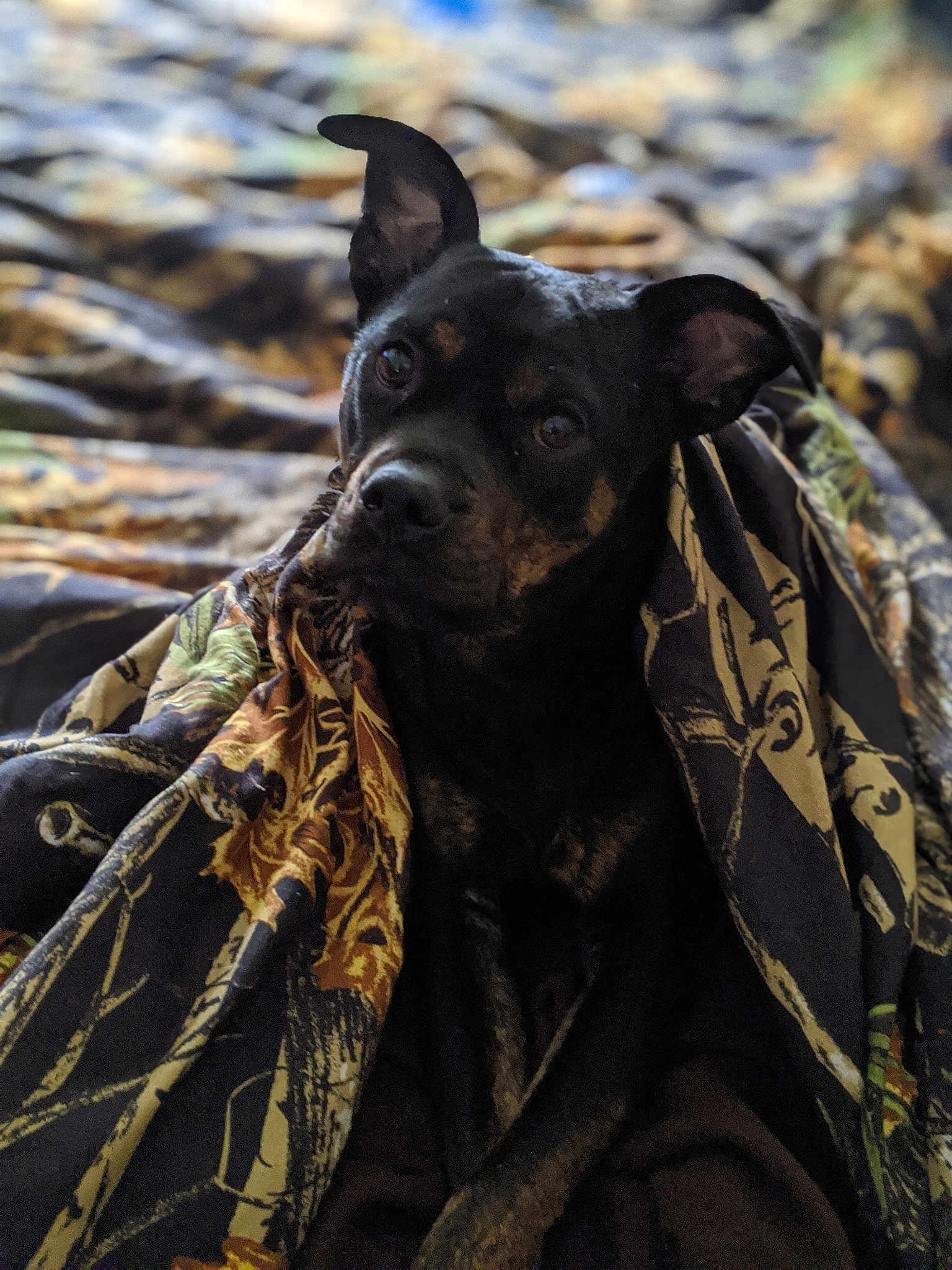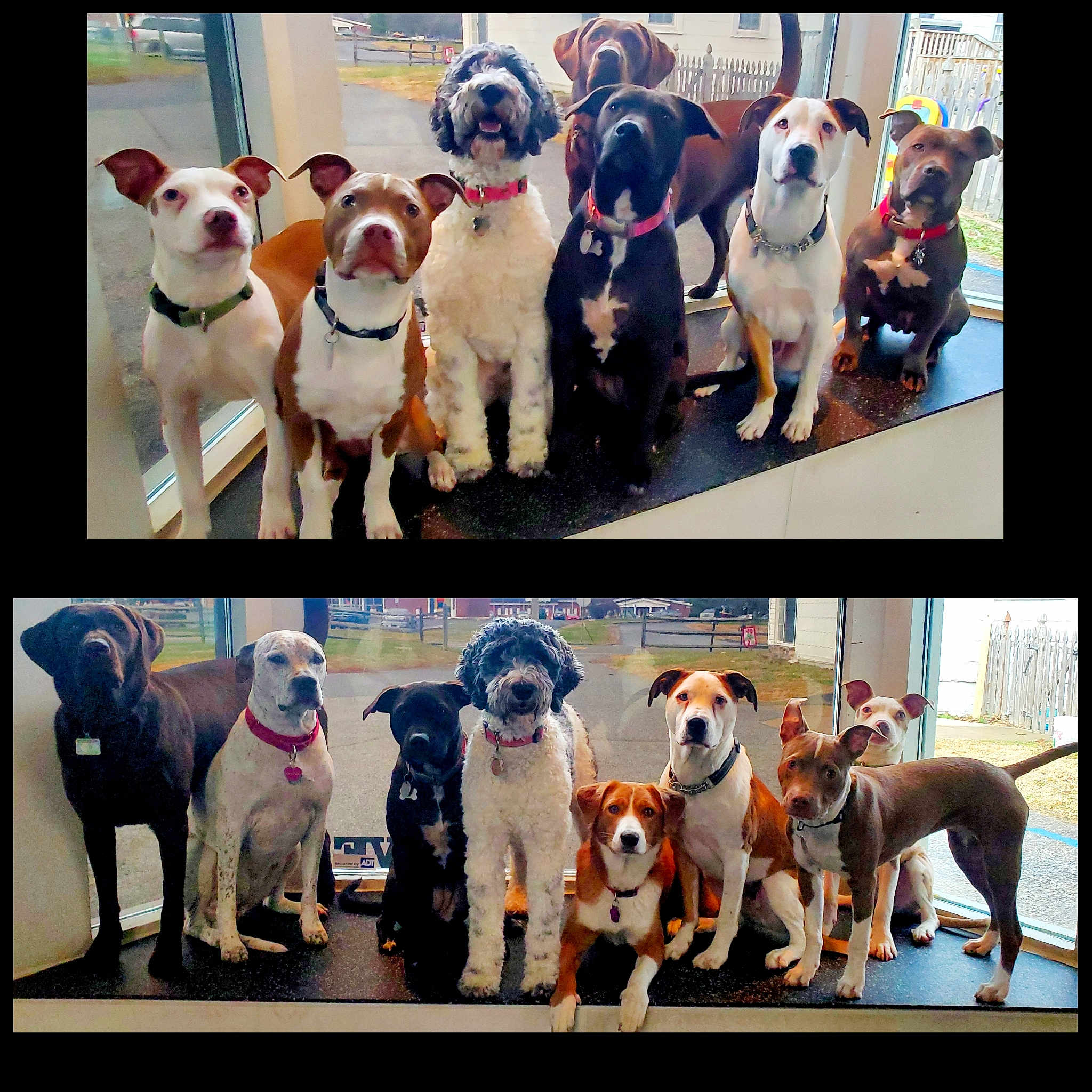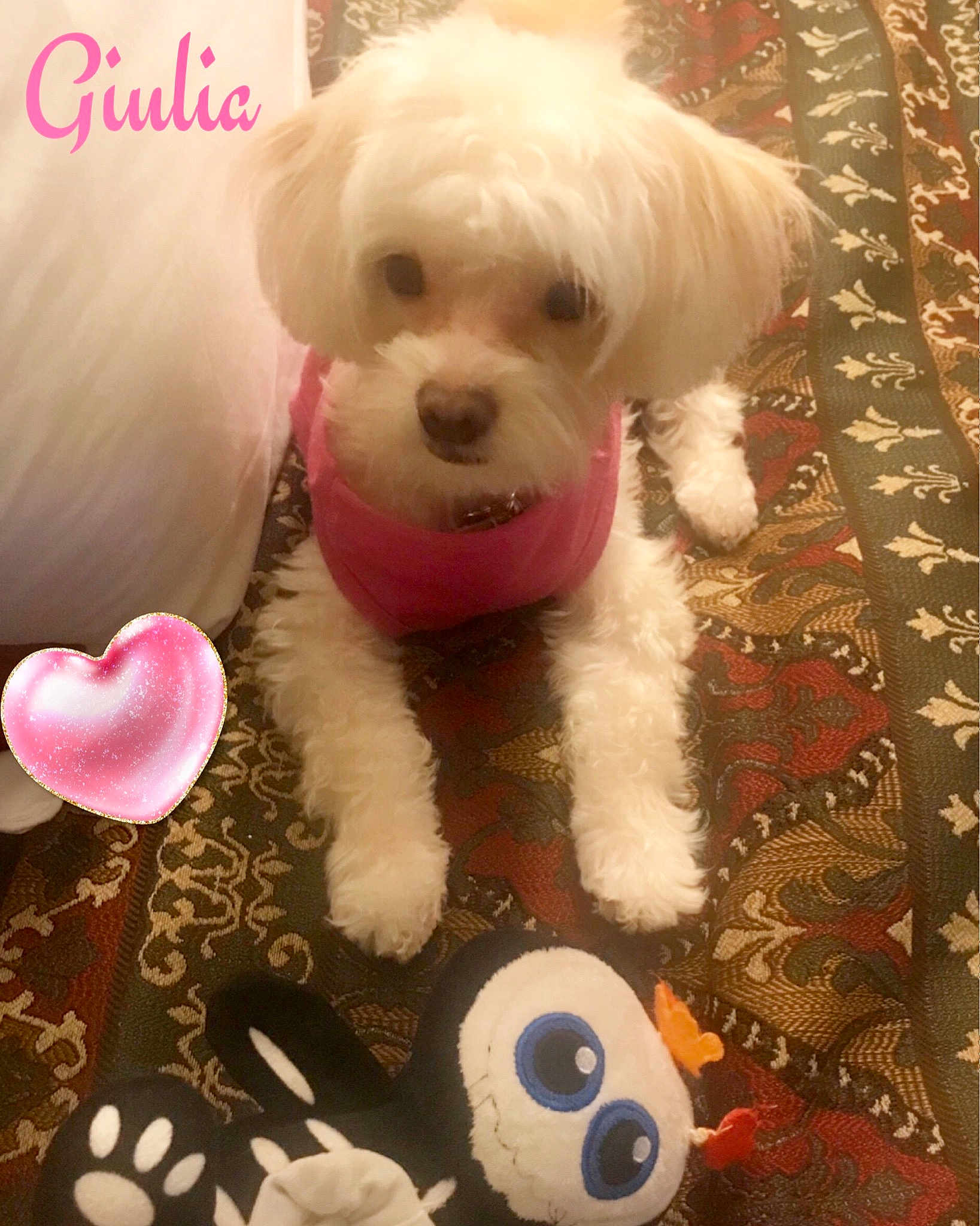
"The Mudi, often referred to as 'the rare jewel of Hungary,' is not just a dog but a companion with a heart full of exuberance and loyalty."
Personality and Behavior of the Mudi
The Mudi, a versatile and energetic Hungarian herding breed, is renowned for its intelligence, agility, and unwavering loyalty. These dogs are dynamic and highly active, always eager to engage in physical activities and mental challenges. Known for being quick learners, Mudis excel in various dog sports and are particularly noted for their herding capabilities. Their keen sense of awareness and responsiveness make them excellent working dogs, often used on farms to manage livestock.
Mudis are also known for their protective instincts. They tend to be reserved with strangers, but display great affection and loyalty towards their family members. This makes them exceptional watchdogs. Their strong bond with their owners is one of their defining traits, as they often seek to be involved in family activities and enjoy companionship.
In terms of behavior, the Mudi is both versatile and adaptable. They can comfortably fit into various lifestyles, whether it is a bustling farm or an active suburban home. However, it's important to note that they require regular exercise and mental stimulation to stay happy and healthy. Without adequate activity, they can become bored and develop undesirable behaviors such as excessive barking or digging.
Despite their energetic nature, Mudis are also capable of showing a calm and patient demeanor, especially when they feel secure in their environment. Their ability to switch between high energy and calmness is particularly appreciated by those who own them.
The Mudi's unique ability to switch from a high-energy herder to a calm and patient companion sets it apart from many other breeds, making it a truly multifaceted breed perfect for various lifestyles.
Meanings, History and Origins of the name Mudi
The name "Mudi" is inherently tied to the breed's Hungarian roots. Derived from Hungarian pastoral traditions, the name encapsulates the breed’s heritage and its role in agrarian society. The Mudi was primarily bred to herd livestock, such as sheep and cattle, in rural Hungary.
The origin of the Mudi traces back to the 19th century when these dogs were appreciated for their versatile herding abilities and their keen intelligence. They were initially lumped together with other Hungarian herding breeds but were recognized as a distinct breed in the early 20th century. The Mudi's ancestors include various local herding dogs and possibly some spitz-type dogs, which influence their appearance and traits.
Over time, the Mudi’s popularity spread beyond Hungary due to its exceptional working abilities and affectionate nature. However, it remains relatively obscure compared to other breeds, adding to its allure among dog enthusiasts who appreciate its rare and unique qualities.
The breed’s history is rich with tales of hardworking dogs who formed inseparable bonds with their human counterparts. This deep-rooted connection between the Mudi and Hungarian culture is reflected in the reverence with which they are still regarded in their homeland today.
Popularity of the Mudi
The Mudi, while not widely known, has a devoted following among enthusiasts who cherish its unique qualities. In Hungary, the breed enjoys respect and affection for its historical significance and practical uses on farms. Its versatility as a herding dog and a family companion has sustained its popularity within the country.
In English-speaking countries, the Mudi is considered a rare gem. Its recognition by prominent kennel clubs, such as the American Kennel Club (AKC) and the United Kennel Club (UKC), has slowly increased awareness and interest in the breed. Although not as common as other breeds, the Mudi's reputation is growing thanks to its impressive agility, intelligence, and loyalty.
Outside of Hungary and English-speaking areas, the Mudi attracts a niche group of admirers. In European countries like Finland and Sweden, where herding activities are still part of rural life, the Mudi has found a small but passionate following. Enthusiasts appreciate the dog's combination of working ability and affectionate nature, making it a beloved companion in these regions.
Interestingly, the Mudi has also been increasingly featured in international dog sport competitions, further enhancing its recognition and appeal globally. As more people discover the joys of owning a Mudi, its popularity is likely to continue its upward trend.
Health and Care of the Mudi
Caring for a Mudi involves understanding its unique health and nutritional needs. Generally, Mudis are considered a healthy breed with a relatively long lifespan, often reaching up to 14 years or more. However, like all breeds, they are prone to specific health issues that owners should be aware of.
Common health concerns for Mudis include hip dysplasia, patellar luxation, and ear infections. Regular veterinary check-ups and maintaining a healthy diet can mitigate some of these risks. It's also essential to keep an eye on their dental health, as small breeds can be prone to dental issues.
Dietary needs for a Mudi should be carefully managed to match their high energy levels. Providing a balanced diet rich in proteins, fats, vitamins, and minerals is crucial. Due to their active nature, Mudis may require more caloric intake compared to less active breeds. Owners should ensure that their Mudi has access to high-quality dog food that meets their specific life stage requirements.
Aside from nutrition and health care, grooming is relatively low-maintenance. The Mudi's coat can be wavy or curly and typically only requires regular brushing to keep it free from mats and tangles. Occasional baths will help keep them clean, especially if they have been working or playing outdoors.
Proper exercise is another cornerstone of caring for a Mudi. These dogs thrive on activities that challenge them physically and mentally. Daily walks, runs, and play sessions, combined with mental exercises like puzzle toys and training sessions, are essential to their well-being.
Training and Education of the Mudi
Training a Mudi can be both a rewarding and challenging experience due to their high intelligence and energetic nature. These dogs are quick learners and respond well to positive reinforcement techniques. Methods that involve praise, treats, and play are particularly effective.
One of the key aspects of training a Mudi is early socialization. Exposing them to a variety of people, places, and situations from a young age helps to build their confidence and prevent potential behavioral issues. Given their protective instincts, it's important to ensure they understand the difference between a genuine threat and non-threatening strangers.
Obedience training is essential and should begin as soon as the Mudi is brought into the home. Commands such as "sit," "stay," "come," and "leave it" are fundamental and should be mastered early on. Consistency and patience are key, as these dogs can sometimes exhibit an independent streak.
Mudis excel in agility, obedience, and herding competitions, which can be integrated into their training routine. These activities not only provide physical exercise but also mental stimulation. Owners who engage their Mudis in such structured activities often find that it strengthens the bond between them and their dog.
One common challenge in training Mudis is managing their energy levels. These dogs may become easily bored if not sufficiently challenged. Incorporating varied activities and training exercises can help keep them motivated and engaged. Regular playtime, interactive toys, and training sessions should be incorporated into their daily routine to meet their needs.
Choosing the right dog involves considering multiple factors, including lifestyle, activity level, and the specific needs of the breed. The Mudi's adaptability, intelligence, and excellent working abilities make it an ideal choice for active individuals or families who can provide the physical and mental stimulation they require. Their loyalty and affectionate nature also ensure they fit well in a family setting, enriching the lives of those who welcome them into their homes.
Selecting a breed like the Mudi means embracing both their exuberance and their deeply rooted heritage. Participation in Pageant Dog contests has shown the Mudi's charm, intelligence, and agility, making it a delightful addition to any dog-loving family. By choosing a Mudi, owners gain not just a pet, but a multifaceted companion ready to share in life's adventures.

